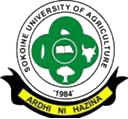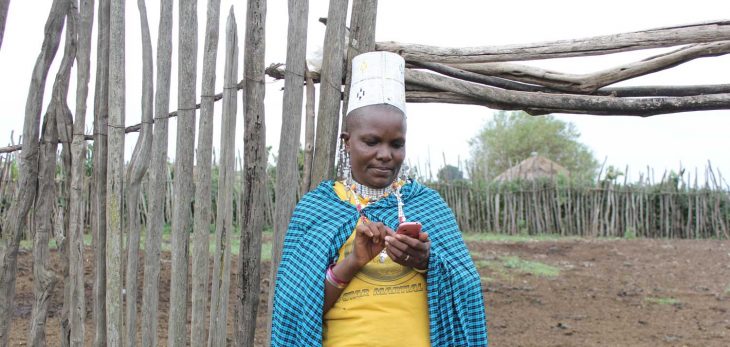In the second part of our interview with Professor Esron Karimuribo, we focus on the importance of community-based surveillance, and in particular the AfyaData tool. If you missed the first part of our interview with Esron, you can read it here.
Please could you describe why community-based surveillance is so important in the context of Emerging Infectious Diseases?

The fact that disease outbreaks typically erupt at community level suggests that community is at the frontline position in the detection of unusual health events, particularly Emerging and Re-emerging Infectious Diseases (EIDs). Engagement of local communities in disease surveillance has potential to enhance timely detection of disease events occurring at the community level, ultimately complementing the national disease surveillance systems. Effective risk management of epidemic diseases (conventional or emerging) urgently requires focusing science and technology to addressing infection at community level, often far from cities and often located in ecosystems of high interaction between wildlife, livestock and people.
Please could you tell us about the AfyaData data tool and how it was developed?

AfyaData is an open source digital disease surveillance tool developed by SACIDS. It is a set of two applications – a mobile android based client and a web-based application acting as a server. The mobile client is used for collecting and submitting surveillance data, and receiving and/or tracking feedback from various levels. The server component caters for data storing/hosting and management. AfyaData toolset has the capability to manage an entire data collection lifecycle, from managing users, loading forms, collecting data in the field, sending collected data to server, to viewing data on the server and providing feedback to data collectors and/or persons of interest. The system is designed to collect georeferenced data online or offline in locations without internet and data can be submitted at a location with internet. In addition, the system supports prompt analysis and visualization of data. The system can integrate data from multiple sources and is enhanced with an early warning short message service (sms) to notify decision makers on health events through their mobile phones. AfyaData supports multiple languages and is powered by One Health Knowledge Repository (OHKR), a decision-making system with expert-authored content that helps to support the prediction of likely disease conditions based on the reported signs and symptoms. The collected data are accessed near to real-time by all relevant authorities through specific access code.
For mere please click here.







